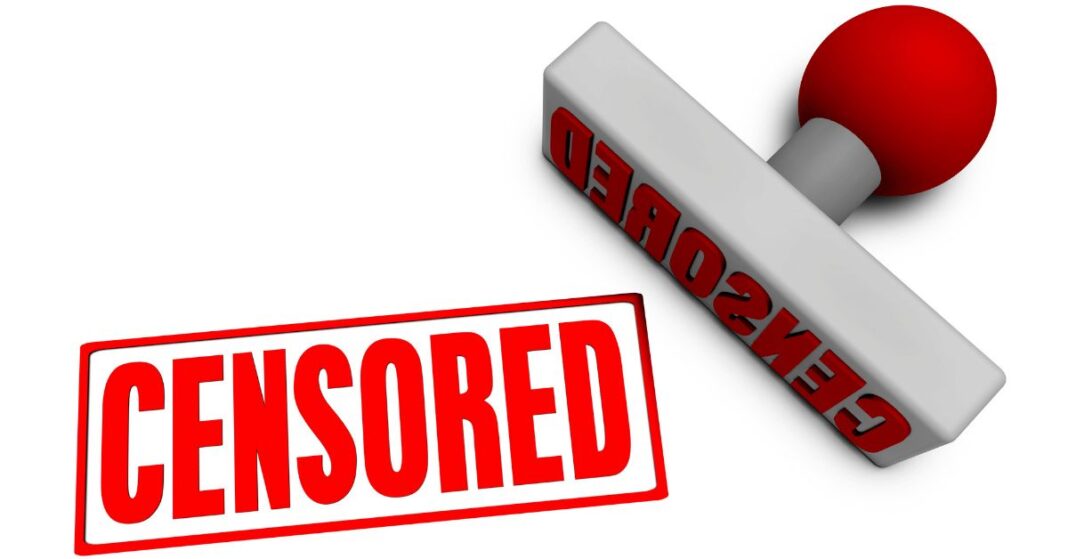Introduction
If you’re interested in the subject of censored official, you’ve probably seen the news coverage about censured brands. In the past, you might have read about a censured bra or coat, or an art show with sexually explicit photos. You might even have even seen a censored New Yorker article or seen an urban apparel coat censured. But what exactly is censured?
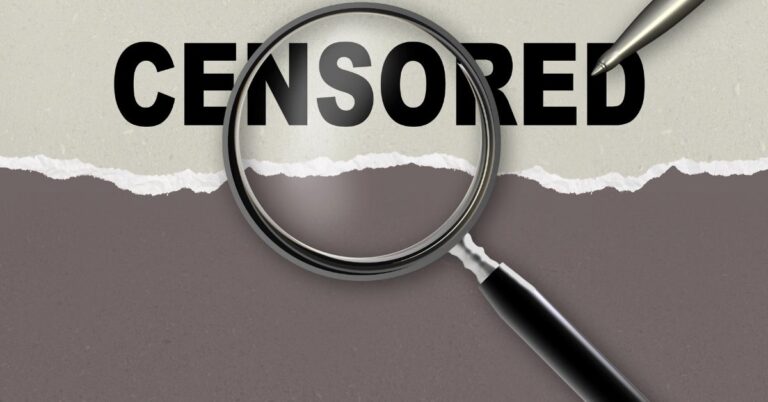
Censored Brand
When you’re searching for a new brand to try, you may be wondering if you should consider purchasing from a censored official brand. If so, you have many options. One of the best ways to find a brand you like is to browse around a local censored store. These places are often much easier to find than brick and mortar stores and you can find great deals on a variety of different items.
To find a censored store, you can go to the official website for the shopping center where you’re planning to shop. If you’re unsure about the name of a Censored store, you can search by its name or address. Most retailers have their own webpages, so you can quickly find the store you’re looking for. It’s also worth keeping an eye out for the company’s terms of service.
Censored Brand Bra
There are many different reasons why an official brand bra could be censored official, and the first and most obvious is because of the content. It’s unfair to consumers who have different body types. This article will explore some of the reasons why a brand could be censored, and the ways you can protect yourself from being subjected to the same fate. The following are just some of the top reasons why your official brand bra could be censored.
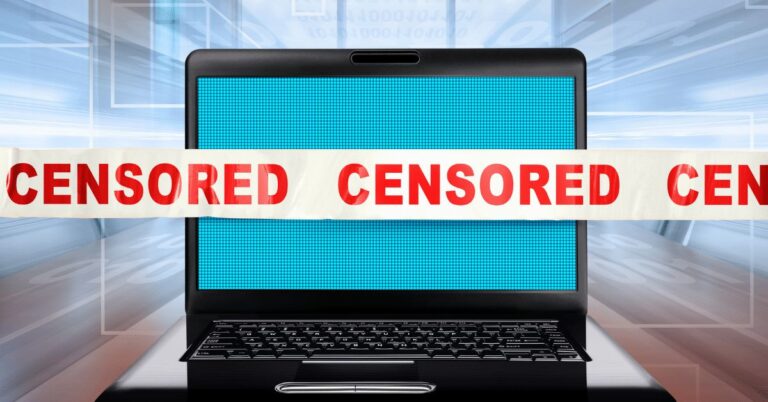
Censored New Yorker
The New York Times recently reversed its stance on censoring competing ideas. The official reason for this may lie in the use of social media. More than half of Americans get their news through social media, and the Times has pushed hard to deputize Silicon Valley to censor news. That’s a worrying development for free speech in a democracy. Here’s what the New York Times has to say about it.
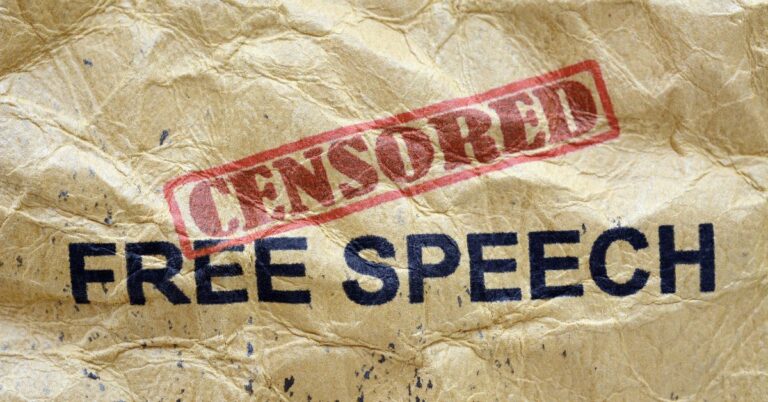
Censored Meaning
censored official material is material that has been censored or removed before being published. The official will do this for a variety of reasons, including its obscene content, its political stance, or the potential threat to security. It is important to note that official meanings are not necessarily the most accurate. Some of these materials are merely inaccurate, while others are completely offensive. Here is a quiz to test your knowledge of the meaning of censored materials.
“Censorship” is a term used to describe the process of controlling the dissemination of ideas and information in a society. It has a historical background, beginning with the Romans, who used censors to monitor morality. Today, the term refers to the examination of media for offensive content, such as articles or photographs that may be considered immoral, obscene, treasonous, or injurious to national security.
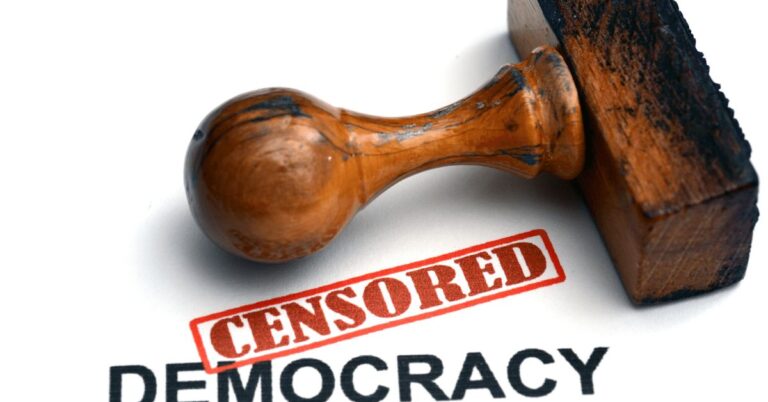
Censured Urban Apparel
Besides being affordable, Censured apparel can also help you look cool while doing so. Its products are available on Redbubble and are available in a range of colors, sizes, and styles, including plus size. You can buy men’s and women’s clothing, too. What’s more, buying them from Censured also means that you are supporting a talented artist who works independently.
Censured Clothing Brand
The street culture has shaped the latest fashion trend, which is evident in the clothes of the young and upcoming brand, Censured. The name is a reference to the cultural and social movements that swept the world during the 70s and 80s. The collection aims to express youth and directness, and to represent a freedom that is free of schemes. In addition, the clothes of the brand are designed to fit the urban style of its customers.
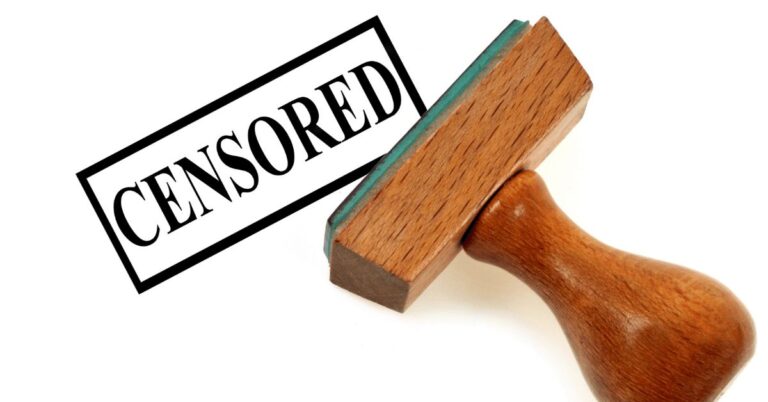
The First Amendment and Censorship
Traditionally, a censor is a government official who removes unsuitable material from a medium. However, some forms of censorship may be undertaken by private groups and individuals. While censorship can be illegal in some instances, it is not always the case. Private individuals who agitate to have television shows removed from the airwaves are engaging in censorship. The same applies to private organizations that boycott companies supporting television programs.
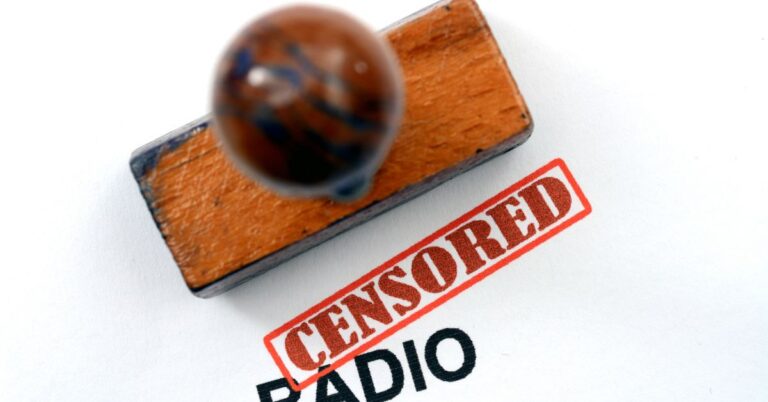
First Amendment Protections Against Government Censorship
The First Amendment protects against government censorship of speech, but it doesn’t protect private companies or individuals from restricting speech. For example, social media platforms like Facebook can regulate what people say about their business and products on their platforms. Even though these social media platforms are privately owned, the First Amendment still protects their users’ rights to free speech. So, while Facebook or Twitter can control what their users say, censorship by government doesn’t stop them from doing so.
There are many types of censorship. Some government agencies, private individuals, and news outlets engage in this type of censorship. They may censor content based on its political or social relevance. Others may use the First Amendment to restrict the content of a news organization that publishes controversial information. Generally, this is illegal, as it violates the First Amendment’s protections against government censorship.
During the First Amendment era, the Supreme Court left it up to the states to decide whether a material is obscene or not. However, Gitlow v. New York (1925) applied the First Amendment to limit state action. In the 1950s, the Warren Court began to deal with this type of censorship, and spent many hours examining the material to determine whether it was obscene.
In other cases, the Court has ruled that defamatory words may be censored. The Supreme Court has been unwilling to uphold gag orders against the press, however, as long as the censorship is preventing the right to a fair trial. In Hustler Magazine v. Falwell, the court held that the publication of the controversial magazine did not violate the First Amendment’s protection against slander.
In addition to freedom of speech, the First Amendment protects the rights of those in government positions. For example, if the government is an employer, educator, or jailer, it has more power to censor speech. If a government official censors a speech, it is possible to challenge it in court, if it is offensive. Despite the First Amendment’s protections, the government still has the authority to punish the censored official.
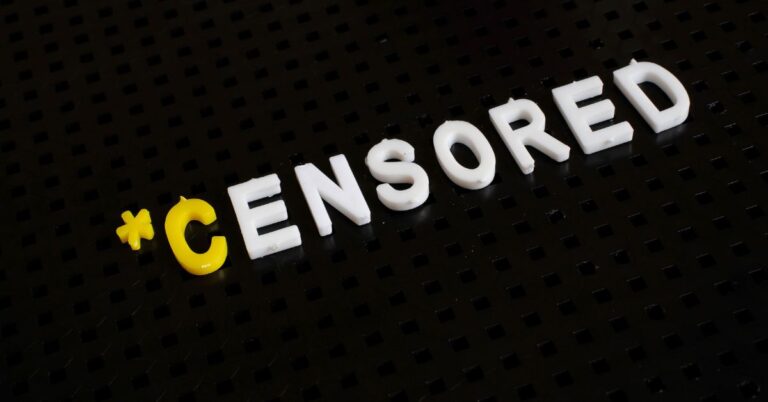
Examples of government censorship
The First Amendment guarantees freedom of speech, but many censorship policies go beyond the letter of the law. In the 18th century, the Founding Fathers wrote the First Amendment to protect our rights and prevent government officials from criticizing other people. Some censorship laws still impose strict limitations on a censor’s right to criticize a government official. Stacker has researched censorship in America and published examples of government censorship.
Eritrea has been among the most notorious jailers of journalists in sub-Saharan Africa. As of December 2018, at least sixteen journalists in Eritrea were behind bars. Eritrea’s 1996 press law requires that all media outlets must support the government’s objectives and retain legal monopoly over broadcast media. This means that journalists employed by state-owned media have little choice but to follow the government’s editorial line for fear of reprisal.
In addition to media censorship, the government in Russia has also implemented legislation that restricts foreign investment in media outlets. Despite the strict restrictions, a number of media outlets have gone offline, including Geo TV. This was a result of a defamation claim from the intelligence services after a journalist was shot in the country. While the government justified the action by declaring the journalist’s death, many journalists say that censorship is the norm in the country.
While censorship by government officials is illegal in many countries, censorship by private organizations is commonplace and does not have First Amendment implications. Public media, for example, sometimes edits content based on its vulgarity or obscene nature. Despite the legality of censorship, there are many examples of censorship conducted by private institutions and individuals to protect freedom of speech.
The use of censorship by the state to control the press is common, particularly in the case of political publications. In the 18th century, the press suffered under strict censorship in Britain and Europe. But by the late 19th century, censorship gradually disappeared, despite the demands of the press and political freedom. The situation continues in many countries, including Latin America, Africa, and Eastern Europe.
Legality of censorship
Since the printing press, various groups have sought to censor various books, including the Bible, American Heritage Dictionary, and the Autobiography of Benjamin Franklin. Although the First Amendment protects people’s right to free speech, there are limits to the extent to which public officials may censor the content of their private accounts. The Supreme Court has applied the First Amendment’s freedoms to states through the due process clause of the Fourteenth Amendment. In addition, the Supreme Court has established a high standard for the legality of censorship in the public’s personal accounts.
The International Encyclopedia of the Social Sciences explains that censors cannot “convincingly demonstrate” that a material is harmful or false. While censorship is a necessary tool in some instances to protect public safety, it diverts scarce resources away from more substantive problems. However, the legality of censorship for censored official cannot be undermined by a lack of transparency.
Censorship is the suppression of ideas, information, and artistic expression. This can occur before an individual or group utters the message. It can also prevent others from expressing the same or similar ideas. In many cases, censorship is necessary to protect public order and prevent antisocial behavior. Moreover, censorship is a legitimate means of repressive control. It is a method that enables governments to suppress the expression of certain groups.
Similarly, large platforms should not censor protected speech, such as social media. Social media are regarded as the modern public square. This makes it crucial to engage in meaningful debate and petition elected officials. If a company or corporation censors a certain group of people, it may be violating the First Amendment. However, there are several other forms of censorship that may be permitted.
Another effective method of public pressure is the press release. Write a press release stating the facts about the legality of censorship. If possible, include a quote from an expert on the subject. A few examples are the Student Press Law Center or your state scholastic press association. Also, send it to your local news outlets, and follow it up with a telephone call to the editor or news editor.
Impact of censorship on freedom of expression
Censorship occurs when authorities control access to the internet or other technologies. Such censorship limits access to websites and controls the content and functionality of them. There are many reasons for censorship, including social solidarity, public safety, and protecting the interests of powerful people. Regardless of its purpose, censorship affects freedom of expression. Let’s look at some of these reasons. Here’s a quick look at some of the most common examples.
Cynicism. Some censorship has backfired by alienating citizens and silencing potential critics of public and corporate policy. Others have succeeded in exposing their targets with a positive impact. Bjorn Lomborg’s difficulties were picked up by conservative commentators, while Andrew Wilkie’s challenge to the Australian government’s Iraq policy found a sympathetic audience among critics of the war in Iraq. But in many cases, the victims of censorship do not have the access, skills, or support to fight back.
The Supreme Court has long been reluctant to uphold gag orders and censorship of previously classified materials. In the Pentagon Papers case, the court has accepted some form of censorship of the press. But it has been hesitant to uphold gag orders when they interfere with the right to a fair trial. Moreover, in many cases, censorship has led to conflict between conservative and liberal ideologies.
Censorship and violence are common causes of censorship. Censors may use a variety of legal and non-legal means to suppress expression, from inciting terrorism to criminalizing peaceful protest. The impact of censorship on freedom of expression depends on whether the speech is offensive to the authorities, the society, or both. In cases where freedom of speech is violated, it is important to ensure that the government’s actions are justified by public interest.
Another cause of censorship is arbitrary censorship. Algeria’s government, for example, closed down its office for three days in 2001. This was in response to a promotional video for the Lebanese civil war. The PNA was unhappy with the coverage and ordered the newspaper to stop publishing it for three days. Although the footage of the Lebanese civil war is unfavorable, the newspaper has since been reinstated.



